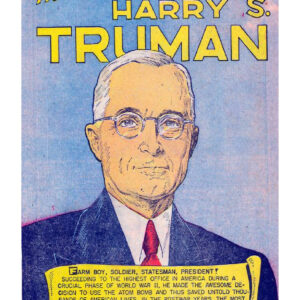It’s a fundamental fact: You can’t take gimmicks out of presidential politics. Because like it or not, gimmicks work. One of the all-time greats was in 1840. A newspaper snidely editorialized about William Henry Harrison, “Give him a barrel of hard cider, and … a pension of two thousand [dollars] a year … and he […]

